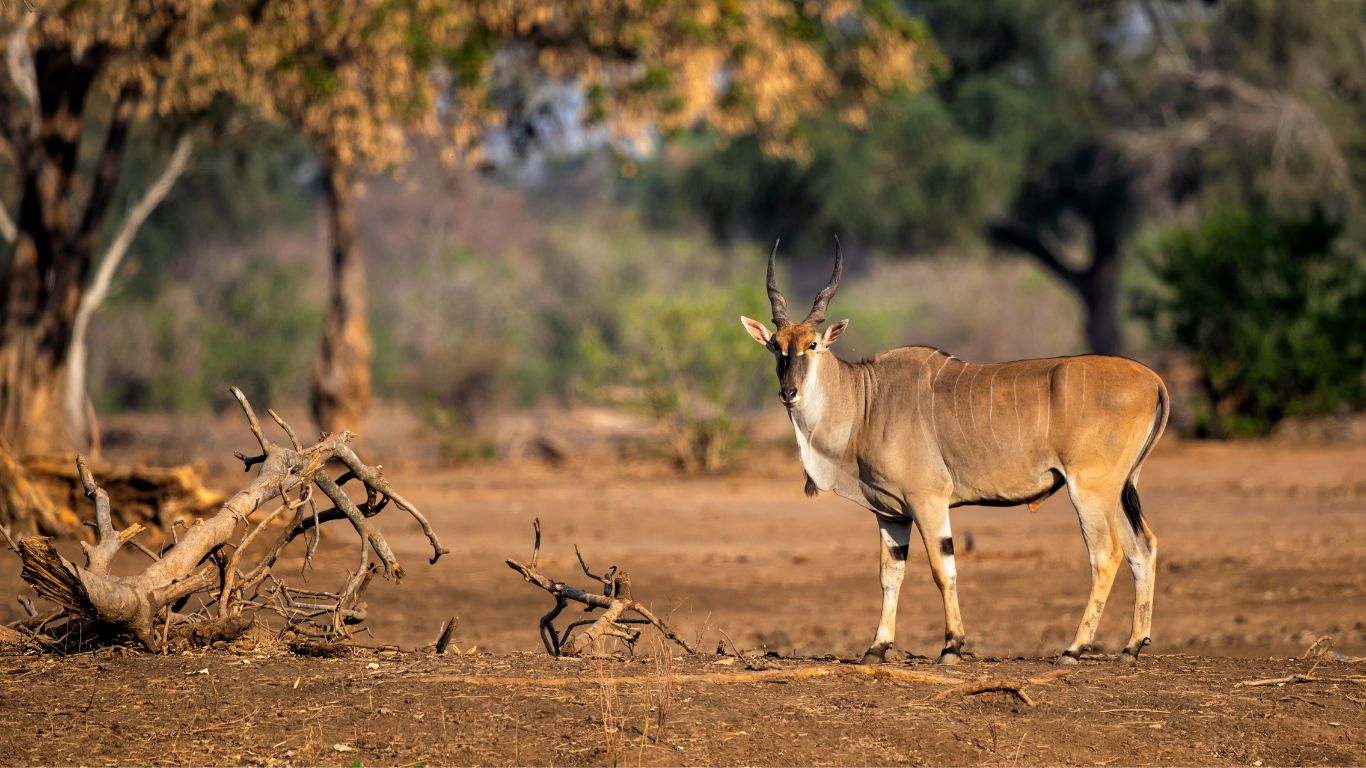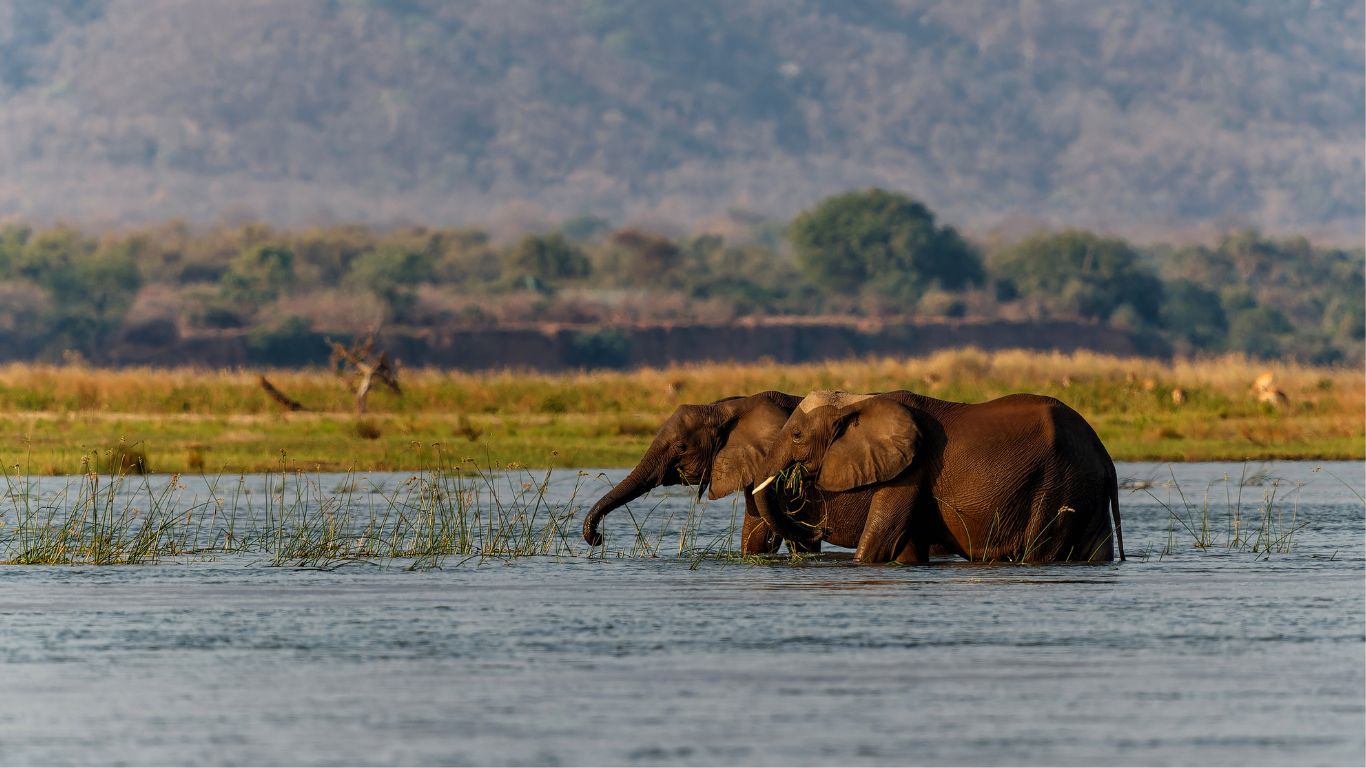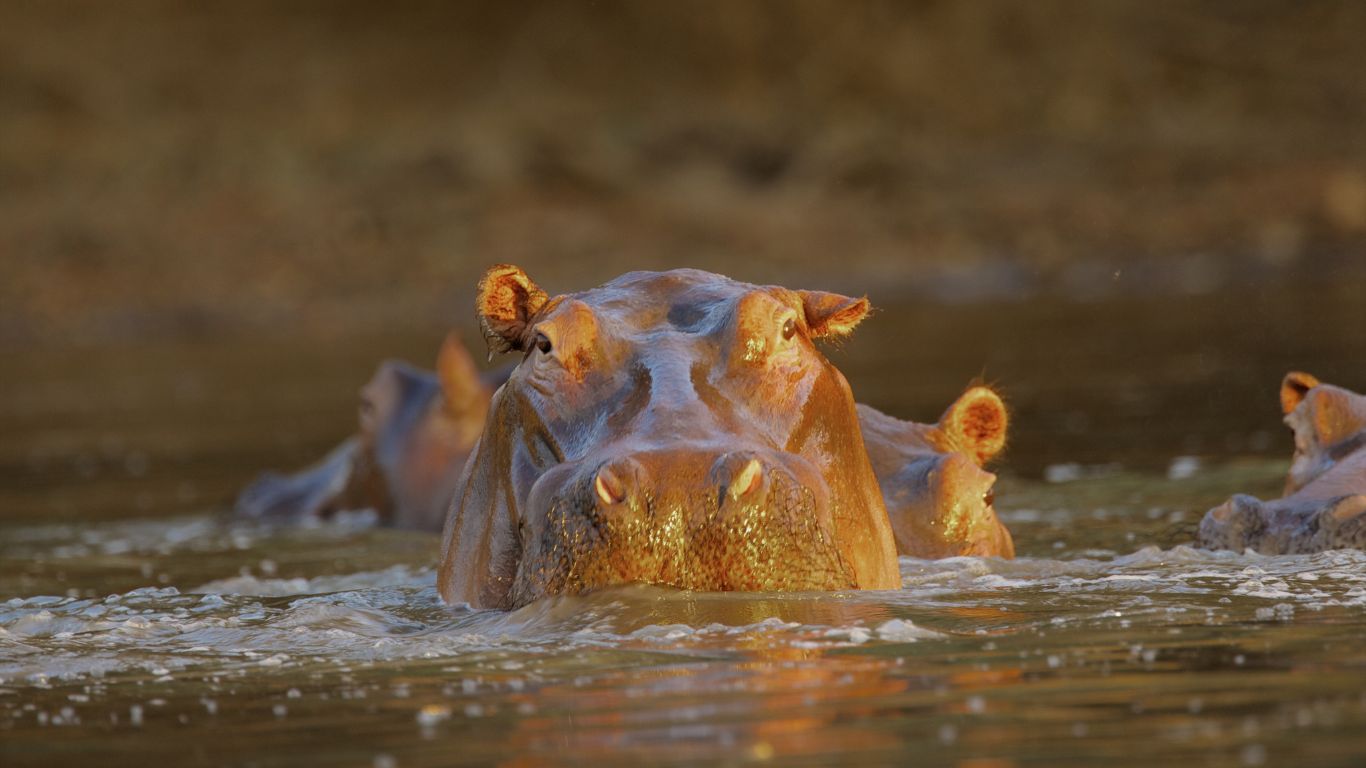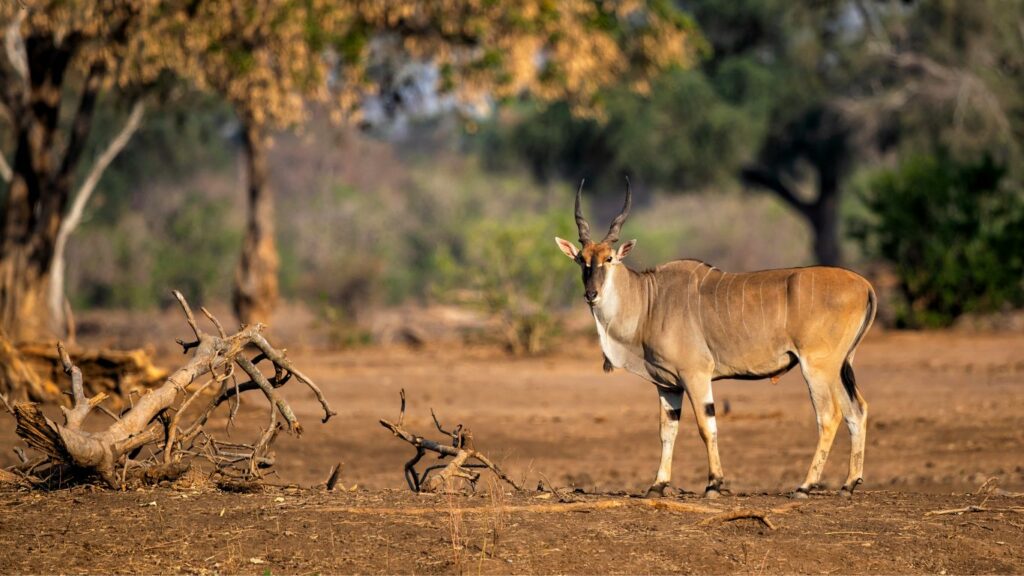The Zimbabwean government has announced plans for a mining exploration at Mana Pools – a designated World Heritage Site, reports News Day. This according to a notice in the Zimbabwean Government Gazette, as well as the permanent secretary of the Mines and Mining Development Ministry, Pfungwa Kunaka, who announced that Shalom Mining Corporation Private Limited (SMCPL) had applied to explore Mana Pools – declared a World Heritage Site by UNESCO.
Mana Pools lies on the southern bank of the Zambezi River which serves as the border between Zambia and Zimbabwe. The site covers 676,600 hectares spanning the Mana Pools National Park, Sapi and Chewore safari areas – home to a remarkable concentration of wild animals, including elephants, buffalo, leopards and cheetahs.
Businesses whose primary mission is to discover and procure fossil fuels now want to explore the area for these materials, which could entail prospecting, exploration, drilling, and production.
“As an organization, over the years, we have been pointing out that mining as an economic activity has both positive and negative impacts on communities, human rights, the environment, rights of workers and the economy,” said the Zimbabwe Environmental Law Association (ZELA).
“Responsible mining is therefore characterized by the awareness of the impacts that mining may have on the economy, environment, communities, human rights and the workers and taking concrete steps to address the impacts. Respect of human rights, fair labor practices, respect of laws, payment of taxes and royalties and safe conditions for workers and preservation of the natural environment are some of the critical aspects of responsible mining.”
In response to the announcement, executive director of Animal Survival International, David Barritt, aid that mining operations would only pollute and destroy the region’s ecosystem. “Moreover, it would open the door to poaching and trafficking of wildlife. If permission is granted to SMCPL, it could result in an ecological disaster with serious ramifications and irreversible damage for Mana Pools.”
SMCPL, a Zimbabwean company, has applied for an exploration license over an area of 130,000 hectares, and the Mining Affairs Board has said that objections will need to be lodged by 19 May this year.
Any person wishing to complain against the application is advised to do so in writing to the Mining Affairs Board and email the current UNESCO Regional Director: Prof. Lidia Arthur Brito: l.brito@unesco.org. You can use the template below or edit it as you wish.
To sign the petition, click here: https://chng.it/yGgzLS9p2F
To: The Secretary
Mining Affairs Board
Pvt. Bag 7709
Causeway
[DATE]
Dear Sir
Objection to the application for Prospective Order No.26 of 2022.
This letter serves to articulate my strong objection to the above application. As a citizen of (country), I hereby list the reasons for my objection below:
1) National and International legislation prohibiting the destruction of biodiversity in the buffer zones as well as within this designated wilderness area exists (ref Natural Resources Act/Forest Act/Hazardous Substances and Articles Act/Water Act/Communal Land Act/ Parks and Wildlife Act) There are more than 20 such Acts containing STATUTORY LAWS. This means that any license granted would be in flagrant contravention of our own existing legislation. Those who may grant such a license will therefore subject themselves to litigation.
2) Zimbabwe currently demonstrates a critical lack of capacity to enforce our own existing
Environmental protection laws. The wholesale destruction of woodlands, wetlands, Mountain Rivers and ecosystems continues now, even within actual so-called “Protected Areas”. This destruction is rampant throughout Zimbabwe as we speak. Until our capacity to enforce our own environmental protection laws is radically improved, it is in the best interests of ALL Zimbabweans to halt all and any new applications for mining-related activities.
3) Global understanding of the vital role of biodiversity as our critical life support systems is yet to take hold within Zimbabwe. Our own so-called Protective mechanisms in the form of EMA, Forestry Commission, Zimparks and the Ministry of Environment are impotent in the face of the devastating mining calamity currently underway in Zimbabwe. Zimbabwe has agreed to pursue the international target of a MINIMUM of 30% of land coming under biodiversity protection laws. Currently, only 10% of our land is allocated for biodiversity protection. The area where Shalom wishes to prospect comes within this 10%. It should NOT under any circumstances be allowed to do so.
4) The Zimbabwe Government is a signatory to the UNFCCC at the Earth Summit of Rio de Janeiro and subsequent summits. The country has accepted the global principle of common and differentiated responsibility. Granting a license to Shalom directly contravenes this commitment.
Yours faithfully,
[Name]







